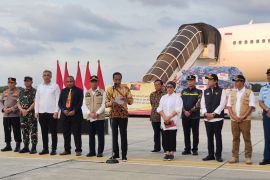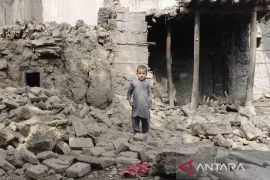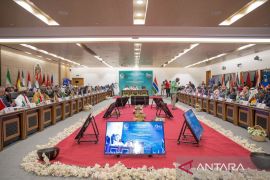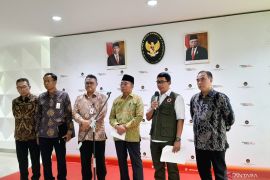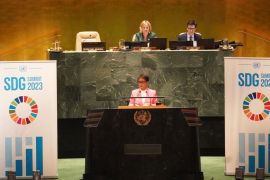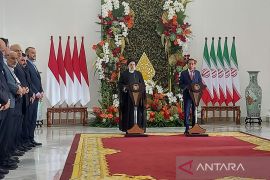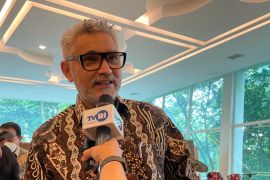The comments come after NATO on Monday defended the operations as the safest way of targeting insurgent leaders, insisting they will continue but with the increasing involvement of Afghan special forces.
"The president of Afghanistan wants an immediate halt to the night raids and house searches of Afghans," presidential spokesman Aimal Faizi said.
"He doesn`t want any foreigner to go to the homes of Afghans and search their homes."
Night-time raids are one of the most contentious issues in Afghanistan.
Karzai has led public criticism, saying they endanger lives and harass local communities, and repeatedly called on international forces to stop entering Afghan homes.
The loya jirga meeting of Afghan elders last month made halting the raids a condition of the so-called strategic partnership document being negotiated with Washington.
The agreement will govern the relationship between American troops and the Afghan government after the withdrawal of combat troops in 2014.
"What NATO officials say is in total contradiction to the decisions of the loya jirga, to the demands of the Afghan people reflected in the loya jirga, and it is in total contradiction to what the president of Afghanistan wants," Faizi said.
"More importantly this will have a negative impact on the process of signing the strategic partnership document with the US."
On Monday, spokesman for NATO`s International Security Assistance Force (ISAF) Brigadier General Carsten Jacobson said in 85 percent of night raids not a single shot is fired and they cause less than one percent of civilian casualties.
"Night operations remain the safest form of operations conducted to take insurgent leaders off the battlefield," Jacobson said.
The latest disagreement follows the death of a pregnant woman during a night raid in the eastern Paktia province in the early hours of Saturday morning. (*)
Editor: Kunto Wibisono
Copyright © ANTARA 2011

